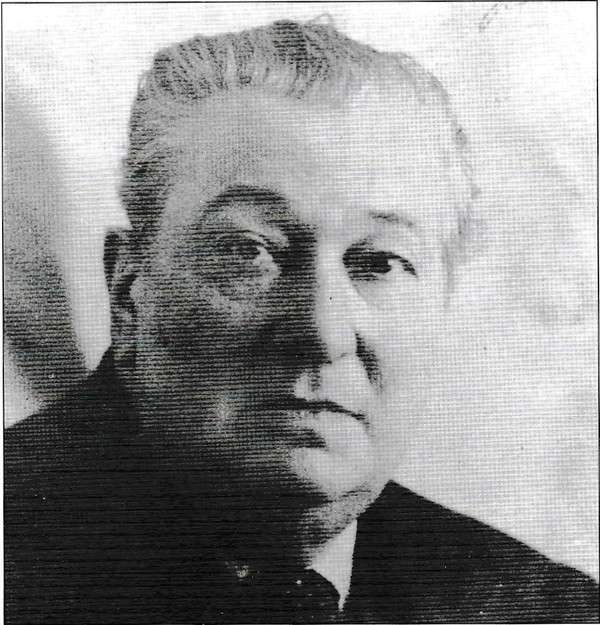
Antonio Illersberg
*1882 AT
Antonio Illersberg was born in Trieste on 16 September 1882. An orphan of both parents since young, he was entrusted by the Austrian authorities to the local House of the Poor. Here the young boy showed immediately his musical talent, learning to play almost all the instruments of the band of the Institute. At the age of fourteen, at the initiative of the Head of the Province Ferdinando Pitteri, he was encouraged to continue his musical studies, first with Giuseppe Rota, director of the Civic Chapel; then, thanks to a scholarship, at the Liceo Musicale of Bologna, under the tutorage of Luigi Torchi and Giuseppe Martucci: his fellow student was, among others, Ottorino Respighi. After graduating in 1902, from 1904 to 1907 he served in the Austrian Navy stationed in Pula, where he was aggregated to the band, playing the viola in the string quartet of the military unit. In 1907, after military service, he obtained the chair of Harmony and Composition at the Conservatory “G.Verdi” in Trieste, a tenure which he will keep, with ups and downs during the War, until the beginning of the 1950s (meanwhile, the Verdi Conservatory in 1932 changed its name to “Tartini”). Among his students stand out the names of Luigi Dallapiccola, Giulio Viozzi, Eugenio Visnovitz, Mario Bugamelli, Mario Macchi, Oreste Rosso and Fabio Vidali. Illersberg continued teaching alongside a tireless work as director of choirs, first leading the choir “Airone” to become in 1925 the “Choral Society Claudio Monteverdi”. Between the 1930s and the 1940s Illersberg also directed the choir of the Greek Orthodox Community, while in 1931 he founded the “Coro Madrigalesco Triestino” and in 1934 he became director of the Choral School of A.C.E.G.A.T. (Azienda Comunale dei servizi Elettricità, Gas, Acqua e Tranvie). His work as a composer, mainly focused on the symphonic (e.g. Violin Concerto in G major of 1906/11; Symphony in B-flat major of 1914) and choir repertoire, culminates in “Trittico”, Opera in three acts on booklet by Morello Torrespini, staged at the Teatro Verdi of Trieste in 1949 and whose three episodes (“Carneval”, “Nadal”, “La strada e le stele”) are a description of Trieste’s life in XIXth Century. Antonio Illersberg died in Trieste on 21 June 1953. [from Rhine Classics RH-003 booklet]
